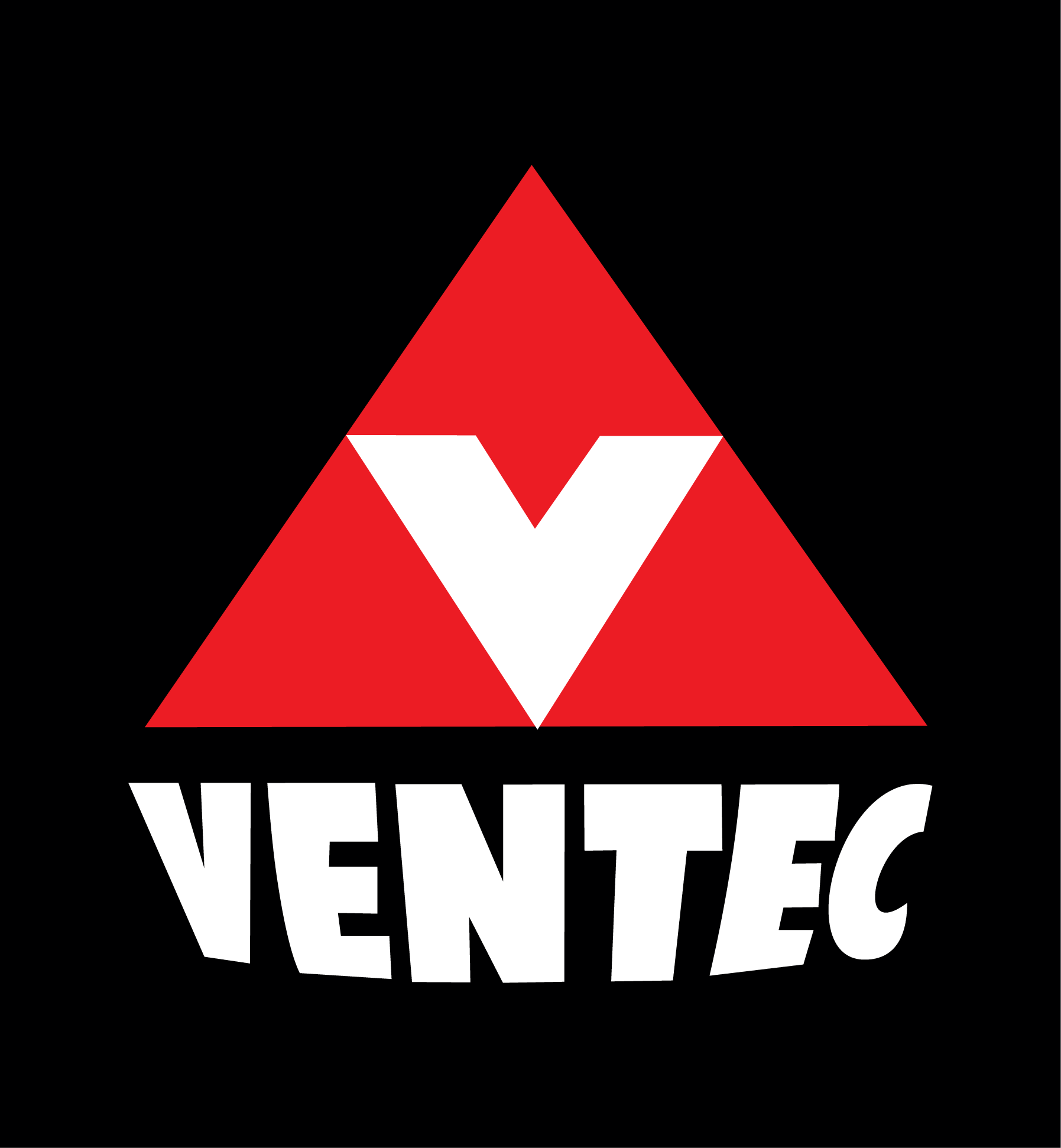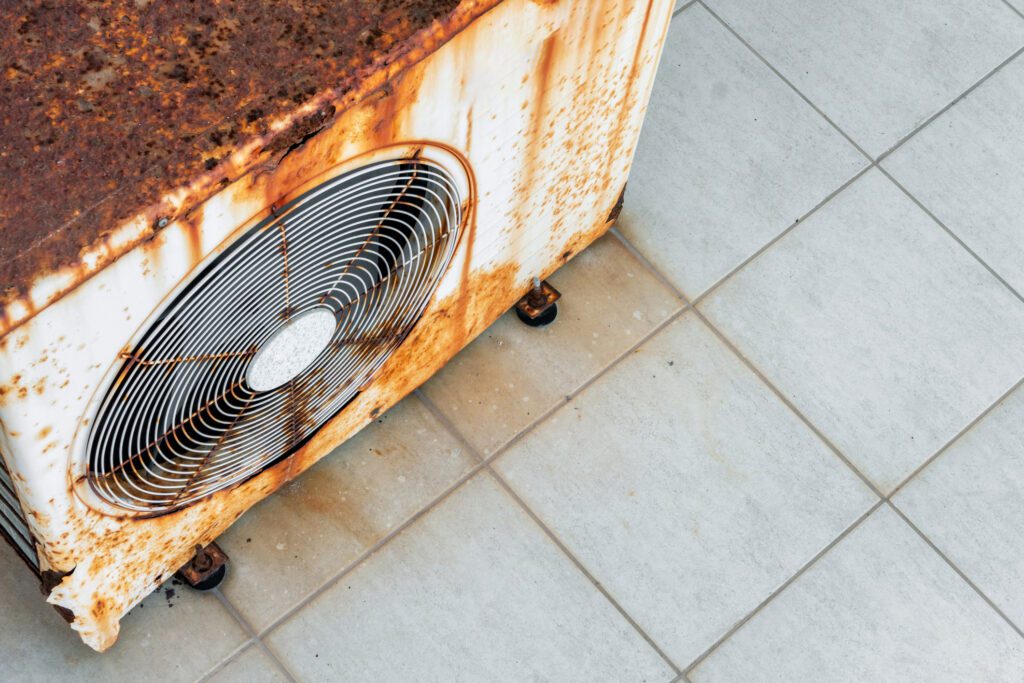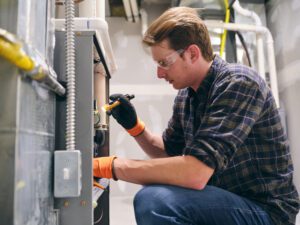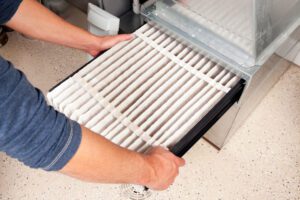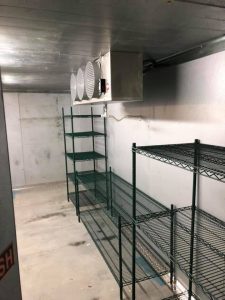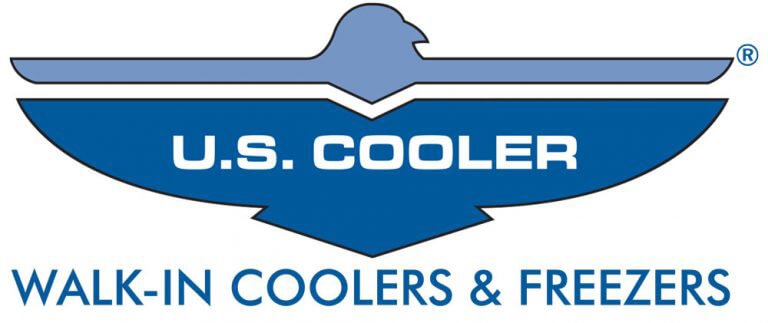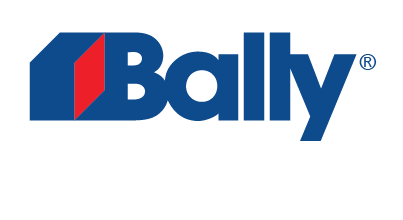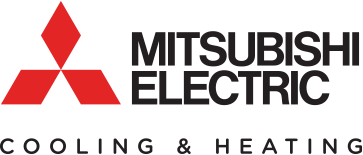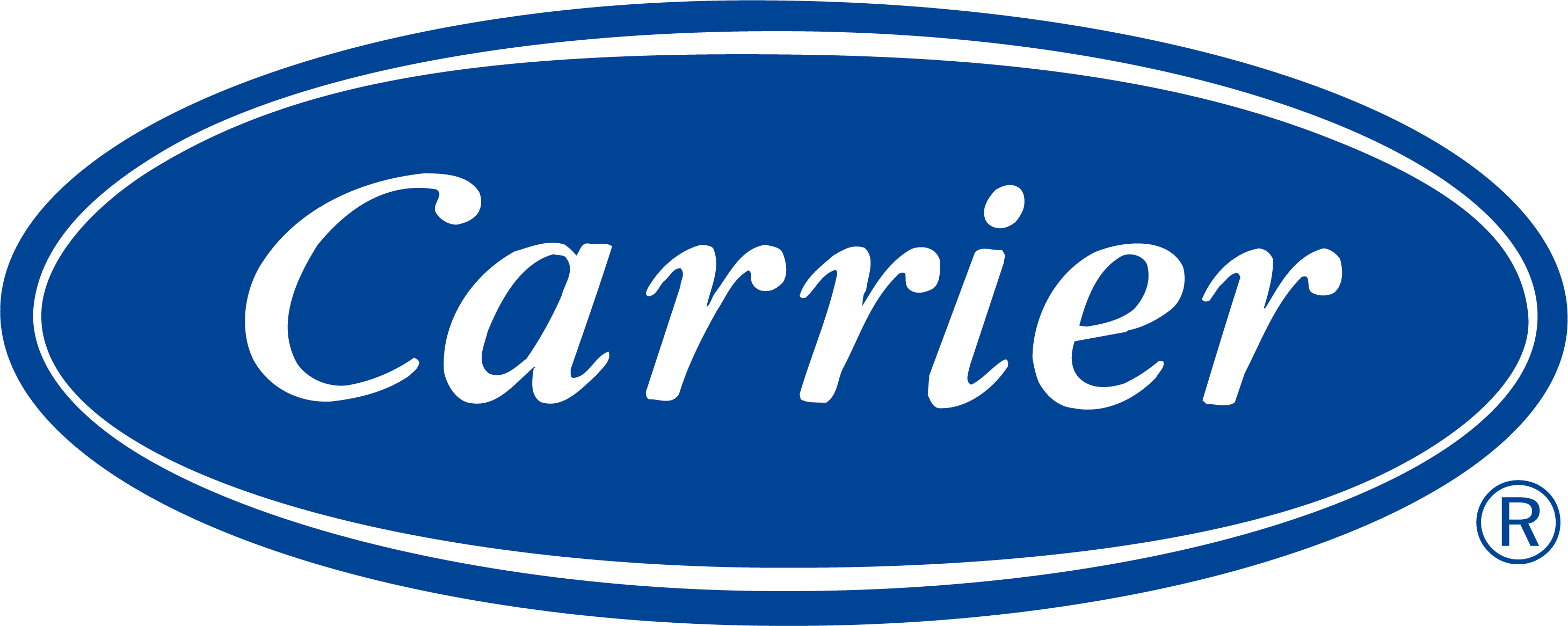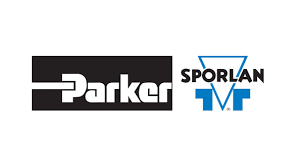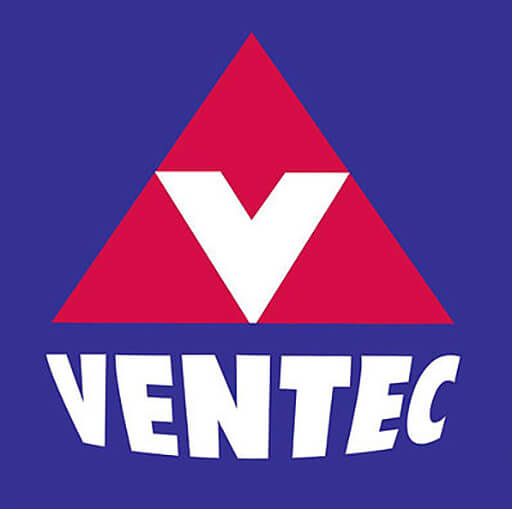How Long Will the Average Commercial HVAC System Last?
Running a business goes beyond just providing excellent products or services. It involves ensuring that your commercial space is comfortable, inviting, and conducive to productivity. A key player in achieving this environment is your commercial HVAC system. But how long can you expect your system to last?
This blog post covers the factors affecting the lifespan of commercial HVAC systems and offers actionable tips to help you get the most out of your investment.
Understanding the Importance of Commercial HVAC Systems
Commercial HVAC systems ensure that the ambient temperature is maintained within a comfortable range, regardless of the weather outside. This is crucial for maintaining employee productivity and customer satisfaction.
A well-functioning HVAC system also helps maintain indoor air quality. It filters out pollutants, ensuring that the air you breathe is clean. This is especially important in commercial spaces where many people gather, as poor air quality can lead to health issues and lower productivity.
However, like any mechanical system, HVAC systems have a finite lifespan. Understanding the factors influencing this lifespan can help you make informed decisions about proper maintenance and replacement.
Common Factors That May Affect the Lifespan of Commercial HVAC Systems
Usage Patterns
One of the most significant factors affecting the lifespan of your commercial HVAC system is how often it is used. Systems that run continuously, such as those in 24/7 operations like hospitals or data centers, will experience more wear and tear than those in businesses with standard operating hours.
Maintenance Practices
Regular professional HVAC maintenance is the most effective way to extend the life of your commercial system. Neglecting routine checks and minor repairs can lead to significant issues down the line. Scheduled maintenance can identify and rectify problems before they escalate, saving you time and money.
Environmental Conditions
The environment in which your HVAC system operates also plays a role in its longevity. Systems in harsh climates, whether extremely hot, cold, or humid, tend to have a shorter lifespan. Additionally, systems exposed to high levels of dust or corrosive substances may deteriorate faster.
Average Lifespan of Commercial HVAC Components
The average lifespan of a commercial HVAC depends on its major components. An adequately maintained compressor lasts 8-10 years, and a heated exchanger with modern materials typically lasts 15-25 years.
The lifespan of chillers in buildings can vary depending on the type. A water-cooled chiller will last 20-30 years, and an air-cooled one will last 15-20 years. Condensers often last two decades, and thermostats require replacement every five to ten years. On average, a typical commercial air handler can be expected to last around fifteen to twenty years.
Fans and filters will often need to be replaced more frequently. They can last anywhere from a few months to several years, depending on how much they are used and how well maintained.
Best Practices for Extending the Lifespan of Your Commercial HVAC System
Regular Maintenance
Regular maintenance is key to a resilient HVAC system. Schedule regular, professional inspections to check for wear and tear, clean components, and replace filters. Preventive maintenance can help you catch minor issues before they become significant problems.
Upgrade Components
Upgrading specific parts of your HVAC system can also extend its overall lifespan. For example, investing in energy-efficient motors or modern thermostats can improve efficiency and reduce strain on the system.
Environmental Controls
Implementing environmental controls such as dehumidifiers or air purifiers can help maintain a stable environment for your HVAC system. These controls can reduce the strain on your system by maintaining optimal air quality and humidity levels.
Cost Implications of Maintaining vs. Replacing an Aging HVAC System
Maintenance Costs
While routine maintenance involves some costs, these are generally much lower than the expenses associated with major repairs or replacements. Regular upkeep extends the system’s lifespan and ensures it operates efficiently. This helps you save money on monthly energy bills and repair costs in the long run.
Replacement Costs
On the other hand, replacing an aging HVAC system can be a significant investment. However, new systems are generally more energy-efficient, lowering operating costs. Also, modern systems may have advanced features that enhance comfort and control.
Weighing the Options
When deciding between maintaining and replacing your HVAC system, consider immediate and long-term costs. Investing in a new unit might be more cost-effective if your current old system frequently requires expensive repairs.
Work With VENTEC Refrigeration for Your Commercial HVAC Needs
Understanding these factors can help you make the right decisions about maintenance and replacements. Regular upkeep, timely upgrades, and mindful usage can extend the life of your system, ensuring a comfortable and productive environment for your business.
Ready to optimize your commercial HVAC system? Contact VENTEC Refrigeration today for expert maintenance, repair, and installation services. Together, we can ensure your business remains comfortable and efficient for years to come.
Austin Vensel
Director Of Sales
Austin has been involved in the family business since he was very young. Starting out in the field he worked his way up to director of sales. During his time at Ventec Austin has accumulated vast amounts of knowledge and helped countless Pittsburgh home and business owners through Heating, Cooling and Refrigeration.
